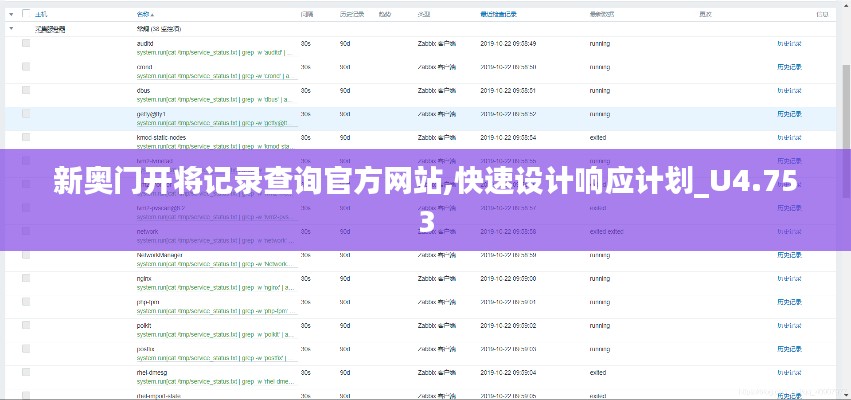Introduction to Phrases of Continuous Action
In the English language, phrases that express continuous action are essential for conveying the ongoing nature of activities. These phrases not only help in describing actions that are currently happening but also those that have been going on for a while or are expected to continue. Understanding and using these phrases effectively can greatly enhance the clarity and richness of communication. In this article, we will explore various English phrases that denote continuous action and their usage in different contexts.
Common Continuous Phrases
There are several common phrases in English that indicate continuous action. Here are some of the most frequently used ones:
- Be + -ing - This structure is used to talk about actions that are currently happening or have been happening for some time. For example, "She is reading a book." (She is currently reading a book.)
- Keep + -ing - This phrase is used to describe actions that are repeated or continue over a period of time. "He keeps talking on the phone." (He is talking on the phone repeatedly or for a long time.)
- Go on + -ing - This phrase is similar to "keep + -ing" and is used to indicate that something will continue. "The rain went on for hours." (The rain continued for hours.)
- Continue + -ing - This phrase is used to describe actions that start and then continue without interruption. "The concert continued until midnight." (The concert started and went on until midnight.)
- Keep doing something - This phrase is a more casual way of saying "keep + -ing" and is often used in informal contexts. "Don't keep interrupting me." (Don't keep interrupting me repeatedly.)
- Be + -ing + for + a period of time - This structure is used to talk about actions that have been happening for a specific duration. "I have been studying for three hours." (I have been studying for three hours continuously.)
Usage in Different Contexts
Continuous phrases are versatile and can be used in various contexts, including:
- Describing Present Actions - "What are you doing right now?" "I am eating lunch."
- Expressing Future Actions - "They will be traveling for two weeks." "I am going to keep studying until the exam."
- Reporting on Past Actions - "Last night, we were watching a movie." "They had been working on the project for months before the deadline."
- Describing Uninterrupted Actions - "The music continued to play all night." "She continued running for an hour."
- Expressing Habitual Actions - "He keeps going to the gym every morning." "She has been learning French for two years."
Understanding the Differences
It's important to note the subtle differences between continuous phrases and those that describe general states or completed actions. For instance:
- Continuous vs. Stative Verbs - Stative verbs, such as "be," "have," "own," and "seem," are not typically used in continuous forms. For example, "I have a book" (stative) vs. "I am having a book" (incorrect).
- Continuous vs. Perfect Tenses - While continuous phrases often use the present continuous tense, they can also use the past continuous or future continuous tenses to describe actions that started in the past, are ongoing, or will start in the future. For example, "I was reading a book when you called" (past continuous) vs. "I will be reading a book tomorrow" (future continuous).
Conclusion
The use of continuous phrases in English is a powerful tool for expressing the dynamics of actions. By understanding and appropriately employing these phrases, you can convey the full scope of ongoing, repeated, or continuous activities. Whether you are writing a narrative, engaging in a conversation, or crafting an academic paper, the right choice of continuous phrases can greatly enhance the clarity and impact of your language. So, the next time you find yourself describing an action that is not a simple on-off event, remember to reach for a continuous phrase to capture the
转载请注明来自成都华通顺物流有限公司,本文标题:《不断的英文短语,不断的 英语 》











 蜀ICP备2022005971号-1
蜀ICP备2022005971号-1
还没有评论,来说两句吧...